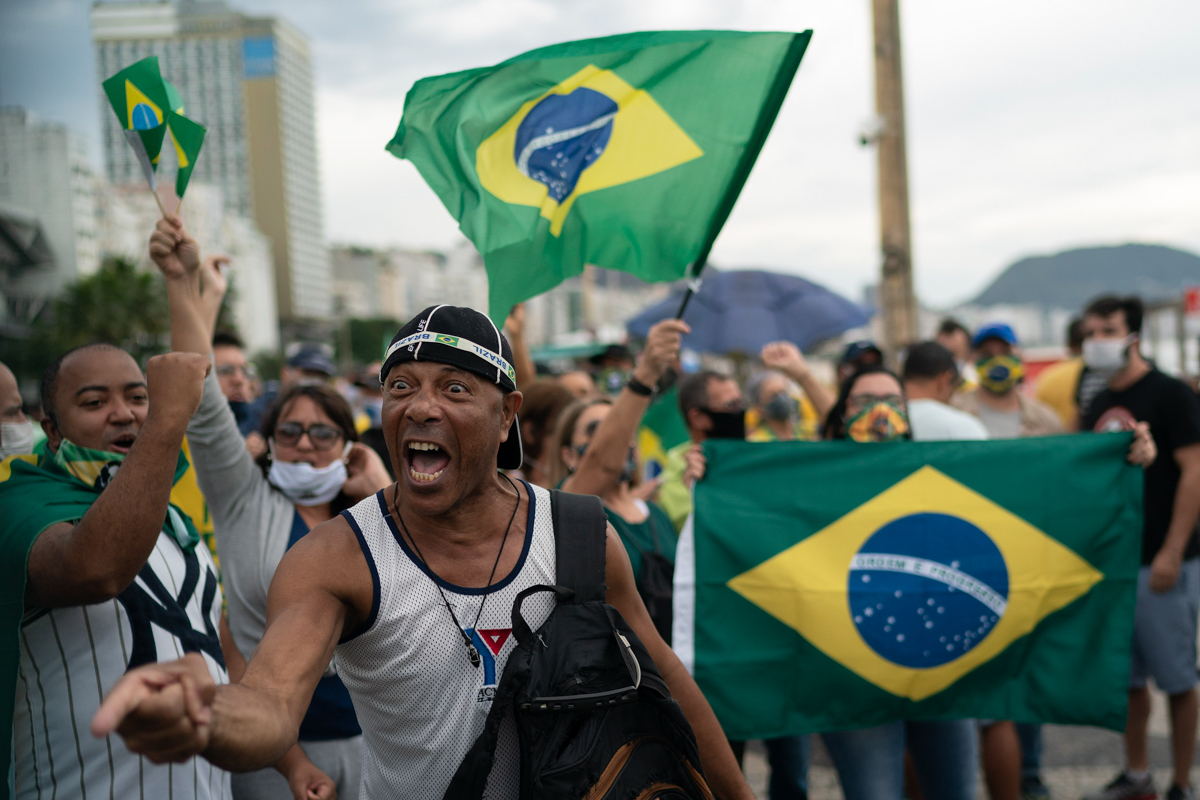Political and Economic Landscape: Brazil News

Brazil’s political landscape is characterized by a complex interplay of forces, navigating a path marked by both challenges and opportunities. Recent events have reshaped the political scene, with the country grappling with issues such as economic instability, social inequality, and political polarization.
Political Climate, Brazil news
Brazil’s political climate is currently marked by a significant degree of polarization. This polarization is evident in the contrasting ideologies of the two main political parties, the Workers’ Party (PT) and the Liberal Party (PL), which have dominated the political scene for several decades. The 2022 presidential election saw a close contest between Luiz Inácio Lula da Silva (PT) and Jair Bolsonaro (PL), highlighting the deep ideological divisions within the country.
Economic Performance
Brazil’s economy is the largest in Latin America and is heavily reliant on its vast natural resources, particularly in the agricultural and mining sectors. However, the economy has faced several challenges in recent years, including a prolonged period of economic stagnation, high levels of inequality, and a complex regulatory environment.
Impact of Recent Policies
The policies implemented by the current government have had a mixed impact on the Brazilian population. Some policies, such as tax cuts and deregulation, have been welcomed by businesses but have also led to concerns about the sustainability of public finances. Other policies, such as social welfare programs, have aimed to address poverty and inequality but have been criticized for their effectiveness and cost.
Comparison with Other Countries
Brazil’s economic performance has been relatively weak compared to other countries in the region, particularly in terms of growth and productivity. The country has faced challenges in attracting foreign investment and diversifying its economy, factors that have hampered its economic progress.
Brazil news – Brazil’s news cycle is always bustling, from political developments to economic shifts. While keeping an eye on the domestic scene, it’s also interesting to note the upcoming US presidential debates, as their outcomes could impact Brazil’s international relations. For those interested in learning who will be moderating the next presidential debate, a comprehensive guide can be found at who is moderating the next presidential debate.
Understanding the moderators’ backgrounds and perspectives can provide valuable insights into the dynamics of the debates, which in turn can influence the broader political landscape, including its impact on Brazil.
Brazil’s news landscape is constantly evolving, with new voices emerging and established figures navigating the complexities of the media environment. A prominent figure in this space is Linsey Davis , whose insights and analysis on Brazilian affairs have garnered significant attention.
Davis’s work provides valuable context for understanding the diverse and dynamic narratives that shape Brazil’s news cycle, offering a lens through which to interpret the country’s evolving political and social landscape.
